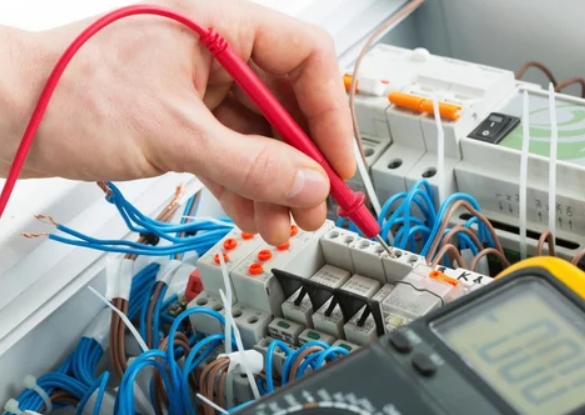In electrical systems, the choice between using a contactor or a switch is crucial for ensuring efficient and safe operation. While both devices serve the purpose of controlling the flow of electricity, contactors offer several distinct advantages over switches. This article will delve into the reasons why using a contactor is preferable in various applications, highlighting their reliability, versatility, and enhanced safety features.
- Enhanced Reliability:
Contactors are designed to handle high electrical loads and are built to withstand frequent switching operations. Unlike switches, which may experience wear and tear over time, contactors are specifically engineered for heavy-duty applications. Their robust construction ensures long-term reliability, reducing the risk of electrical failures and system downtime. - Versatility in Control:
Contactors provide greater flexibility in controlling electrical circuits compared to switches. They are capable of handling multiple power sources, allowing for complex circuit configurations. With the ability to control multiple loads simultaneously, contactors are ideal for applications that require the coordination of various electrical components, such as motors, lights, and heating systems. - Improved Safety Features:
One of the key advantages of using a contactor is the incorporation of advanced safety features. Contactors often include overload protection mechanisms, such as thermal overload relays or electronic overload relays. These protective devices monitor the current flow and can automatically disconnect the circuit in case of excessive current, preventing damage to the equipment and minimizing the risk of electrical hazards. - Reduced Voltage Drop:
When a switch is used to control high-power loads, it can lead to voltage drop issues due to its inherent resistance. Contactors, on the other hand, have lower resistance and are designed to minimize voltage drops. This ensures that the electrical system operates efficiently, maintaining the desired voltage levels and preventing potential performance issues in connected devices. - Remote Control and Automation:
Contactors can be easily integrated into automated control systems, allowing for remote operation and monitoring. This feature is particularly beneficial in industrial settings, where the ability to control electrical circuits from a central control room enhances efficiency and safety. Contactors can be connected to programmable logic controllers (PLCs) or other control devices, enabling seamless integration into complex automation systems.
Conclusion:
In summary, the use of contactors offers significant advantages over switches in electrical systems. Their enhanced reliability, versatility in control, improved safety features, reduced voltage drop, and compatibility with automation systems make them the preferred choice for various applications. By understanding the benefits of contactors, engineers and professionals can make informed decisions when designing and implementing electrical systems, ensuring optimal performance and safety.

